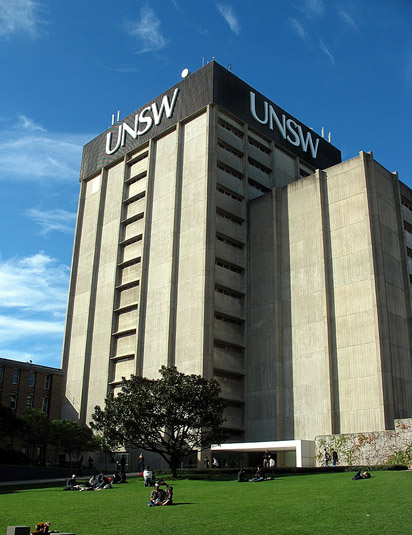There has been a lot of buzz around “social entrepreneurship” and social startups over the last few...
UNSW
Photo Credit: Scott Coleman It’s not difficult to find a frustrated entrepreneur from our ecosystem whenever small...
Guest post by Josh Flannery, Manager, Student Entrepreneur Development , University of NSW. Josh has a Master of Business &...
Guest post by Josh Flannery, Manager, Student Entrepreneur Development , University of NSW. Josh has a Master of Business...
The University Of New South Wales (UNSW) has started to get real Entrepreneurial and Innovation momentum. There are...
Associate Professor Buckland has been named the 2013 Australian ICT Educator of the Year by the iAwards – a...





